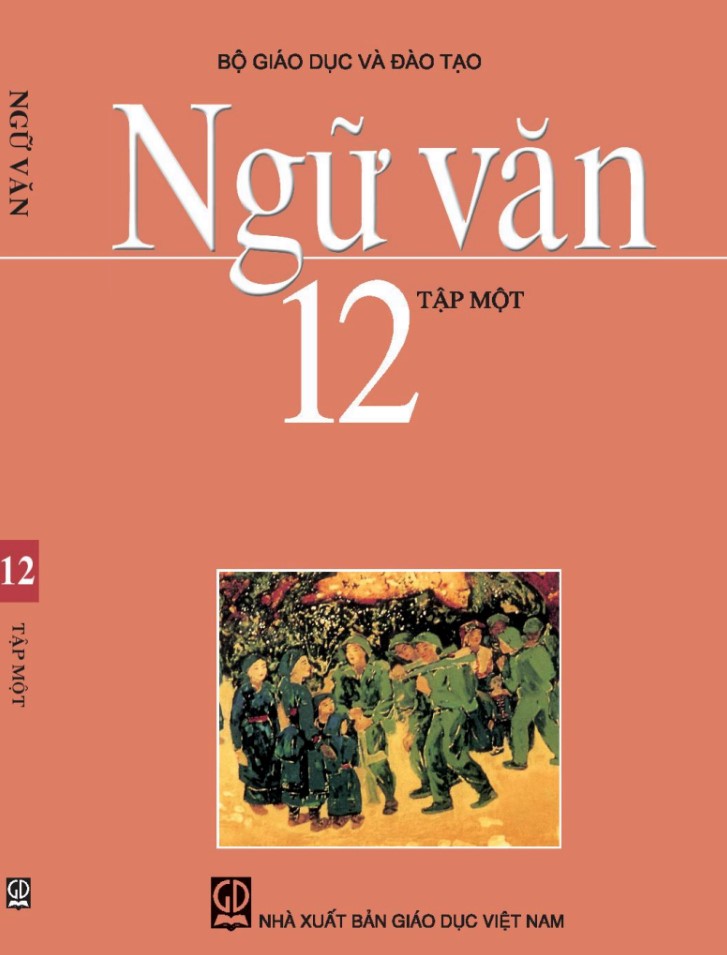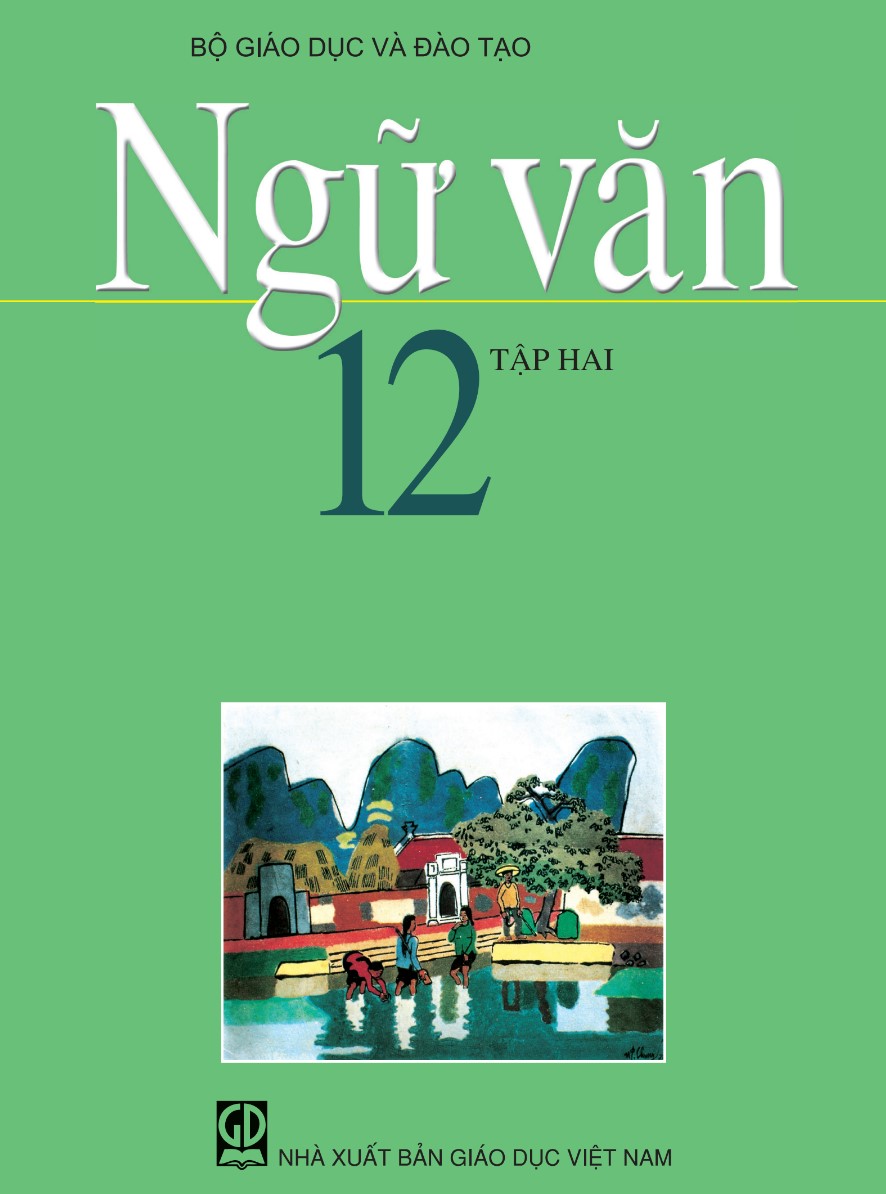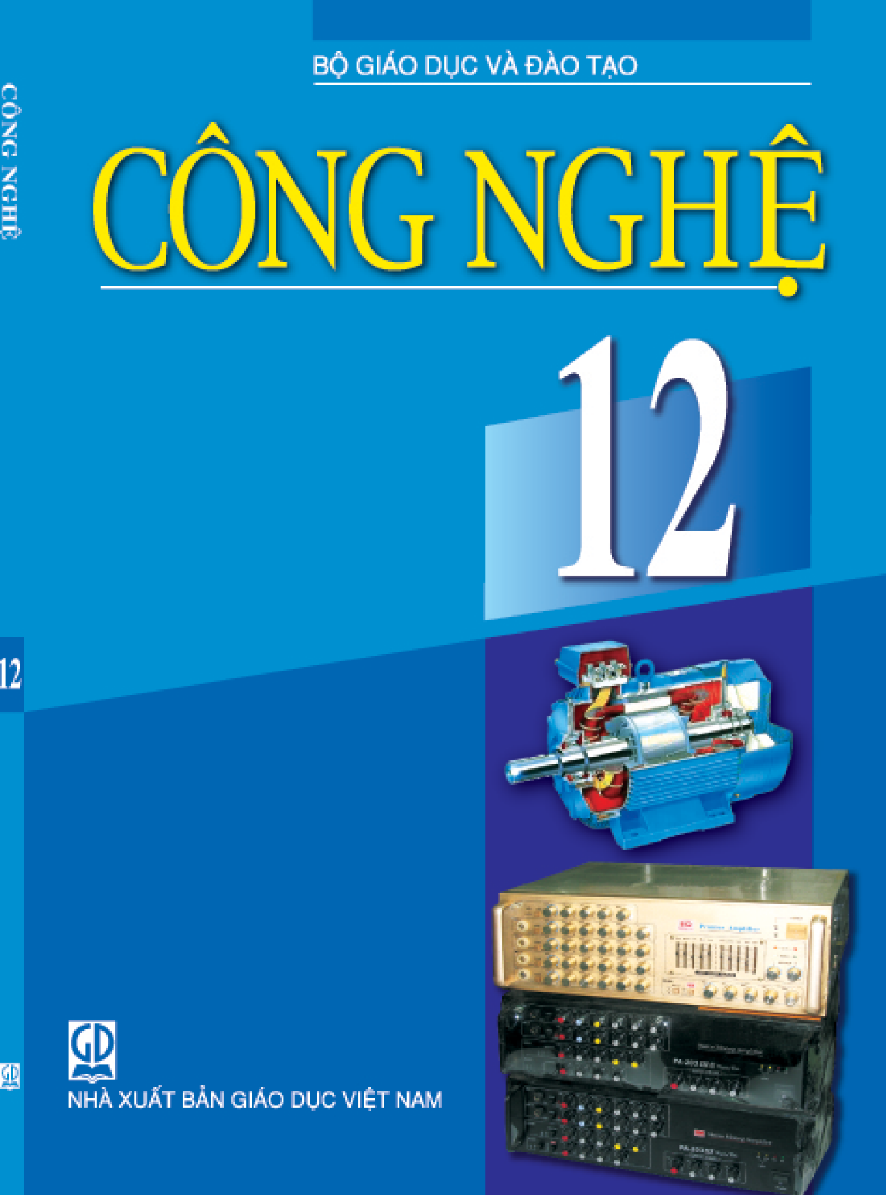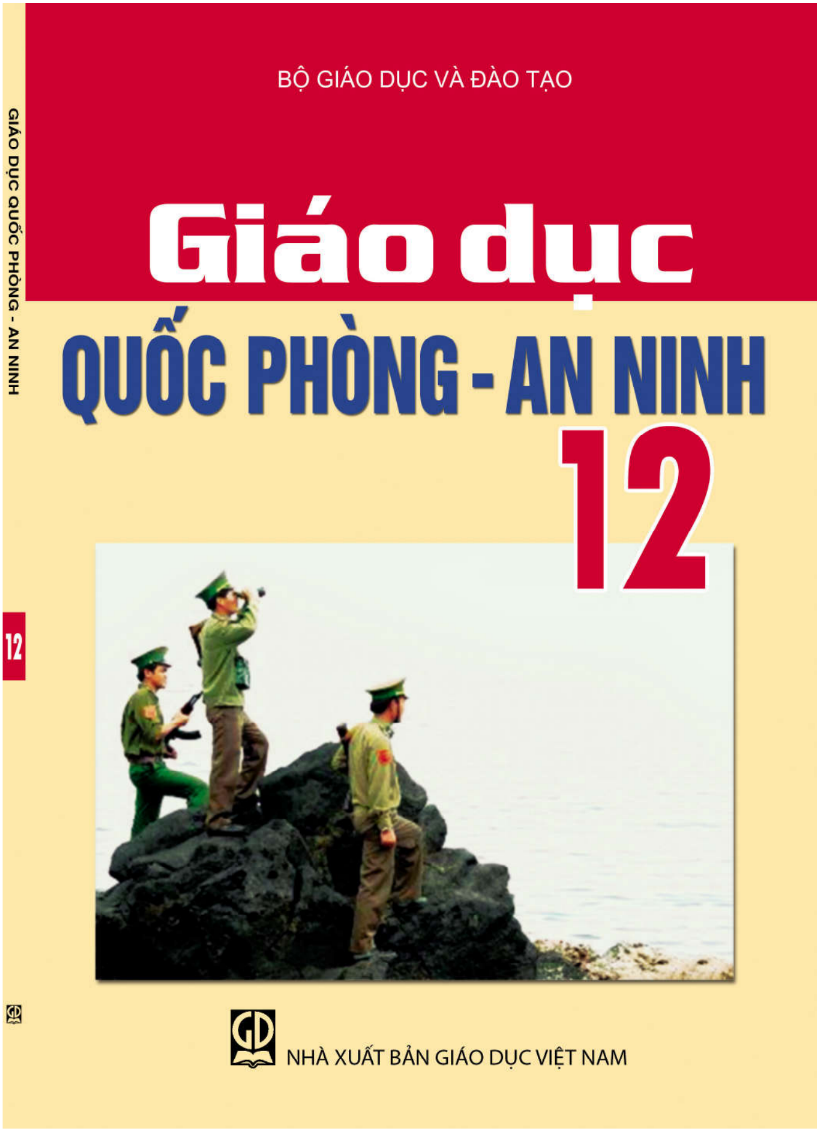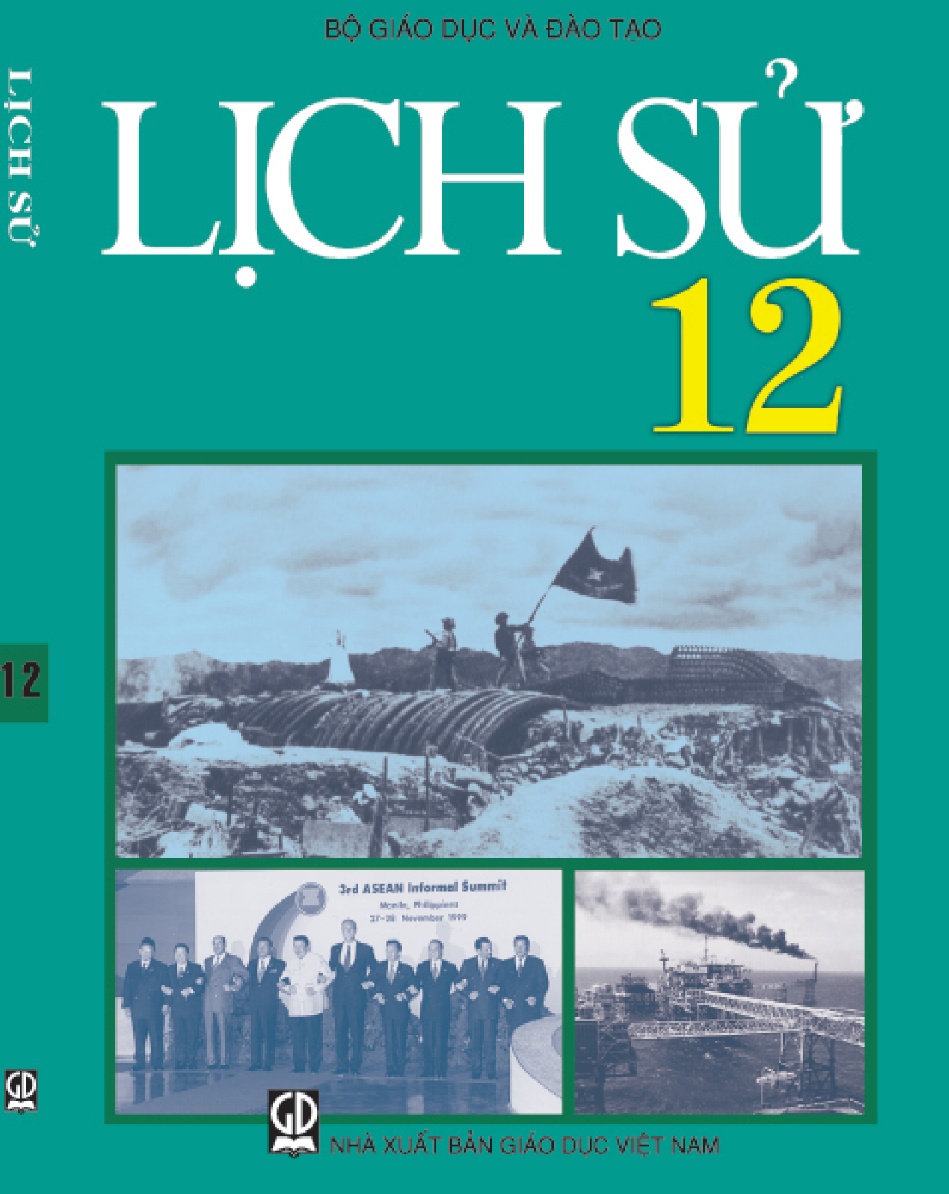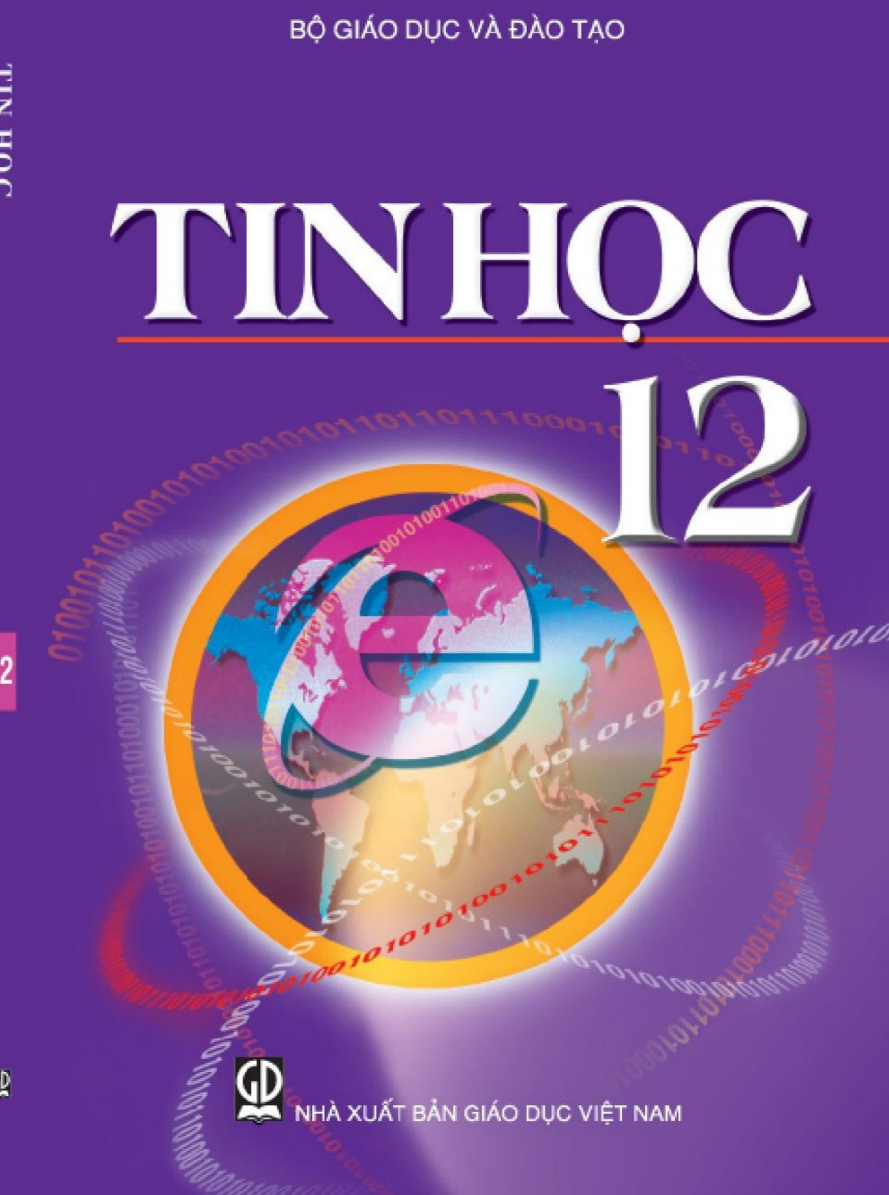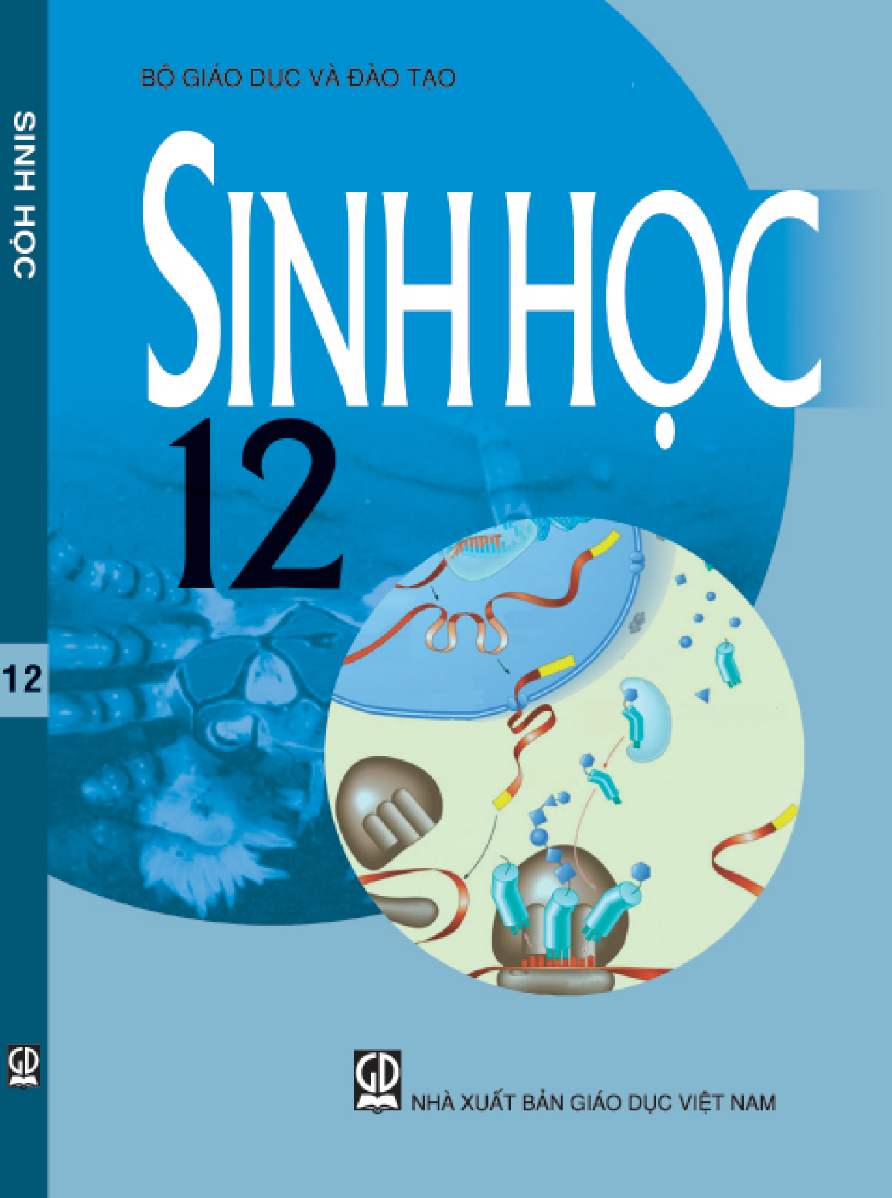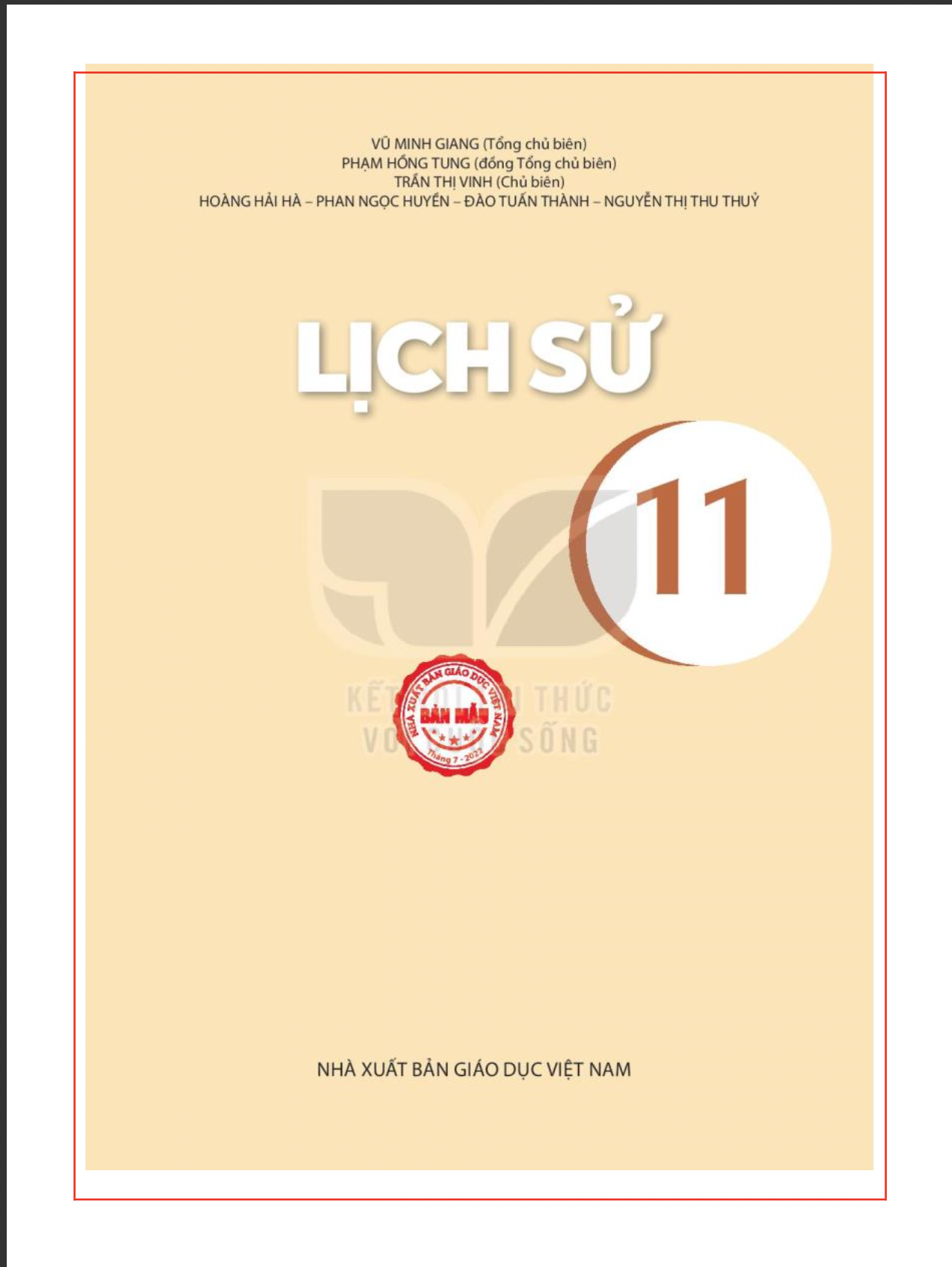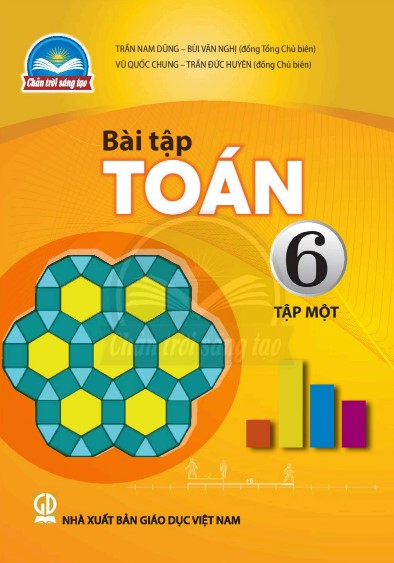(Page 90)
II. LANGUAGE
Pronunciation
Linking /r/ between two vowels
💡Remember!
In natural and fast connected speech, a linking /r/sound can appear between the vowel of one word ending in /a:/, /ɔ:/, /ɜ:/, /ǝ/, /iǝ/, /eǝ/, or /ʊə/ and the vowel of the next word.
1. Listen and repeat. Pay attention to the linking /r/. Then practise saying the sentences in pairs. 🎧
1. I'm sure an advert there can help draw attention to the event.
2. We can't afford to promote the show as if it were a big profit-making event.
3. Perhaps you should consider all of our suggestions.
4. I'll phone the local newspaper to see if they offer any discounts for charity advertising.
2. Mark  the places where the linking /r/ can appear. Listen and check. Then practise saying the sentences.
the places where the linking /r/ can appear. Listen and check. Then practise saying the sentences.
1. I saw an interesting advert about the charity event.
2. Traditional mass media, for example, TV and newspapers, are still popular.
3. There are more adverts on TV nowadays.
4. There is a law against sharing private photos without permission.
Vocabulary
The mass media
1. Match each word (1-5) with its meaning (a-e).
1. reliable (adj) | a. to add the most recent information to something |
2. bias (n) | b. newspapers and magazines |
3. fake news (n) | c. a strong feeling in favour of or against a group of people |
4. the press (n) | d. that is likely to be true or correct |
5. update (v) | e. reports or stories that are not true |
(Page 91)
2. Complete the following text using the correct forms of the words in 1.
Nowadays, information on the Internet is (1) _____ very quickly. The Internet has also changed (2) _____, and forced newspapers and magazines to move online. However, not all information on the Internet is (3) _____ Some information sources on the Internet may spread (4) _____ which confuses people. Others may contain strong (5) _____ against certain groups of people in society such as women or old people. Therefore, users should be careful when accessing information on the Internet.
Grammar
Adverbial clauses of manner and result
💡Remember!
An adverbial clause is a dependent clause that functions as an adverb. There are different types of adverbial clauses.
• An adverbial clause of manner explains how something is done. It uses subordinating conjunctions such as as, as if, and like.
Example: He's acting as if he were my father.
Note: We use the subjunctive were with all pronouns after as if.
• An adverbial clause of result indicates the result of an action or a situation. It often uses subordinating conjunctions such as so... that and such... that.
Example: The weather was so hot that we couldn't sleep.
1. Combine the sentences using suitable adverbial clauses.
1. My brother was looking at me nervously. I thought he was guilty of something.
-> My brother was looking at me nervously like _____________________________________.
2. There is so much information available online. People sometimes get confused.
-> There is so much information available online _____________________________________.
3. The injured reporter was talking in front of the camera. The pain didn't affect him at all.
-> The injured reporter was talking in front of the camera ____________________________.
4. The Internet is a very powerful tool. As a result, it allows people to share information and ideas from around the world.
-> The Internet is such a powerful tool ________________________________________________.
2. Work in pairs. Talk about a type of mass media you use in your everyday life, using adverbial clauses of manner and result.
Example:
I like watching TV so much that I always have the TV on at home. There are so many interesting programmes to watch that it is sometimes impossible to watch them all. When I'm not home, I watch my favourite TV channels on my smartphone.

